Manisha Koirala

Subscribe to read full article
This section is for paid subscribers only. Our subscription is only $37/- for one full year.
You get unlimited access to all paid section and features on the website with this subscription.
Not ready for a full subscription?
You can access this article for $2 , and have it saved to your account for one year.
- Born: 16 August, 1970 (Kathmandu, Nepal)
- Primary Cinema: Hindi
- Parents: Sushma Koirala, Prakash Koirala
- Spouse: Samrat Dahal (divorced)
Celebrated for her ethereal beauty and sensitive performances, Manisha Koirala is renowned for films such as 1942: A Love Story (1994), Bombay (1995), Khamoshi: The Musical (1996), Akele Hum Akele Tum (1995), Dil Se… (1998), Lajja (2001), Company (2002), and I Am II (2010), among others. Winner of four Filmfare Awards for Bombay (Tamil), Bombay (Hindi), Company, and Khamoshi: The Musical, she was also awarded the Order of Gorkha Dakshina Bahu by the Government of Nepal, the second highest honour of the country. Hailing from a well-known political family of Nepal, she made her debut in Nepali films in 1989, following which she debuted in the Hindi film Saudagar (1991). Establishing herself as a leading actress, she has essayed a range of roles, impressing audiences and critics alike. Starring in a string of critical and commercial successes over the 1990s, including 1942: A Love Story, Bombay, Agni Sakshi (1996), Gupt: The Hidden Truth (1997), and Company (2002), post 2003 she explored realm of art-house projects as well as regional films, working with independent producers. Diagnosed with ovarian cancer in 2012, she returned five years later and has since appeared in films such as Dear Maya (2017), Sanju (2018), and OTT series such as Netflix’s Lust Stories. A stage performer, she has also penned the novel Healed, which traces her battle with ovarian cancer. Goodwill Ambassador for the United Nations Population Fund in 1999 and 2015, she was involved in relief works after the April 2015 Nepal earthquake, and also promotes causes such as women's rights, prevention of human trafficking and cancer awareness.
She was born 16 August, 1970, the granddaughter of former Prime Minister of Nepal, Bishweshwar Prasad Koirala, to homemaker mother Sushma Koirala and politician father Prakash Koirala. Growing up in Varanasi, India under the care of her maternal grandmother, she schooled at Vasant Kanya Mahavidyalaya until Class X. She made her debut in films during the break after her board exams, featuring in the Nepali film Pheri Bhetaula (1989). Studying further at the Delhi’s Army Public School (APS), she appeared in a few ads before deciding to focus on films. Moving to Mumbai, she made her debut in Subhash Ghai’s hit Saudagar in 1991. Initially referred to as a Madhuri Dixit lookalike, she nonetheless garnered attention. Though her next, Yalgaar (1992) fared well it was followed by a string of flops such as First Love Letter (1991), Anmol (1993) and Dhanwan (1993). Manisha went on to be noticed for her sensitive performance in Vidhu Vinod Chopra's romance film 1942: A Love Story (1994). Set during the Indian Independence movement, the film saw her play the daughter of a freedom fighter who falls in love with the apolitical son of a British colonial employee. Interestingly, it was the first Indian film to receive the U/A (Parental guidance required) rating from the Central Board of Film Certification on account of the long kiss shared by the lead pair.
The next milestone in her career was Mani Rathnam’s critically acclaimed Tamil political romance, Bombay (1995). Playing a Muslim who marries a Hindu journalist amidst the Bombay riots, Koirala won the Filmfare Critics Award for Best Performance, as well as the 43rd Filmfare Awards South Best Actress Award in the Tamil category. Completing the hattrick, so to speak, she had another noteworthy performance the same year in Aamir Khan-starrer Akele Hum Akele Tum (1995).
Manisha went on to win appreciation for her pitch perfect performance as the tortured wife in the superhit Agni Sakshi (1996), which was followed by S. Shankar's Tamil film Indian (1996) released as Hindustani in Hindi. The range of her acting ability was at the fore again in Sanjay Leela Bhansali's musical drama Khamoshi: The Musical, for which she also learned sign language. She won the Filmfare Award for Best Performance for her performance which was also ranked in Filmfare’s list of ‘80 Iconic Performances’ of Indian cinema.
Featuring in one of the biggest hits of 1197 - Gupt: The Hidden Truth, she was cast in Mani Ratnam’s Dil Se.. (1998), receiving high praise for her role as a terrorist. Other key films which brought her praise include Kuchhe Dhaage (1999), the high-grossing Mann (1999) in which she essayed a traffic accident victim, Grahan (2001) in which she played a rape victim seeking justice, Rajkumar Santoshi’s Lajja (2001) which was a critical success, Ram Gopal Varma’s Company (2002) which won her, her third Filmfare Critics' Best Actress Award, and Ek Chotisi Love Story (2002).
Amidst a slew of low-budget films, she was appreciated for her performance in Escape From Taliban (2003), which bagged her the BFJA Award for Best Actress, followed by Market (2003), which portrayed the life story of a young prostitute. She also hosted the TV show Sawaal Dus Crore Ka on Zee TV alongside Anupam Kher in 2000.
Moving to New York City in 2004, she earned a diploma in filmmaking from New York University, post which she produced the small-budget comedy Paisa Vasool (2004). Starring along with Sushmita Sen, the film did not have a male lead nor a love story and was thus one of Indian cinema’s early chick-flicks. Making her comeback with Tulsi (2008), in which she delivered a fine performance as a young homemaker diagnosed with leukemia, she next featured in Partho Ghosh's Ek Second... Jo Zindagi Badal De? (2009), the well-received Malayalam film Elektra (2010), the Nepali language film Dharmaa (2010), filmmaker Onir’s critically acclaimed anthology film I Am (2010), the Tamil film Mappillai (2011), and Ram Gopal Verma’s 3D horror Bhoot Returns (2012).
Diagnosed with ovarian cancer in November, 2012, she was treated for the disease and returned to films with the much-delayed psychological thriller Chehere: A Modern Day Classic (2015), followed by the Kannada-Tamil mystery Game (2016), and the Hindi drama Dear Maya (2017). The latter, which saw her play a middle-aged lonely woman who sets off on a journey to find love when she receives love letters, saw Koirala hailed for her ‘grace (which) makes it worth a watch’. Essaying a housewife embroiled in an affair with her husband’s best friend in Netflix’s Lust Stories, she went on to appear in Rajkumar Hirani's Sanjay Dutt biographical Sanju (2018), in which she played the character of Nargis, mother of Dutt. On the heels of Sanju, the highest-grossing film of the year, she was seen in the political thriller Prasthanam (2019) followed by Do Paise Ki Dhoop, Chaar Aane Ki Baarish which released on Netflix, and the Netflix original film Maska (2020). In the pipeline are A R Rahman's romantic musical 99 Songs (2021) and the American comedy film India Sweets and Spices, directed by Geeta Malik.
On the personal front, she married Nepali businessman Samrat Dahal in June 2010, in a traditional ceremony held in Kathmandu. The couple had met through an online social networking website. They divorced in 2012.
Off-screen, Koirala became a motivational speaker after waging her successful battle against cancer, speaking on various topics at schools, hospitals and organisations. Working with organisations for promotion of women's rights, prevention of violence against women, and also prevention of human trafficking of Nepali girls for prostitution, she was appointed UNFPA Goodwill Ambassador twice.
Manisha Koirala has also co-written the book Healed, which relates the story of her battle against ovarian cancer.







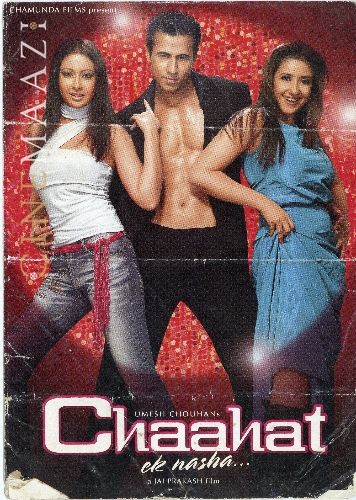
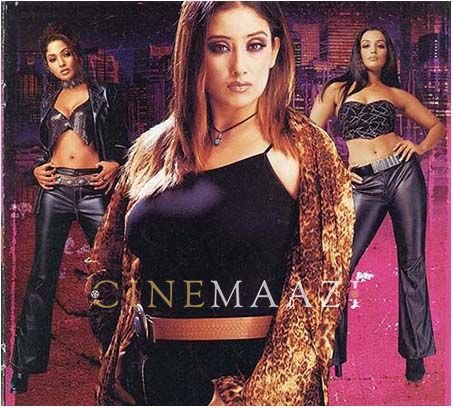
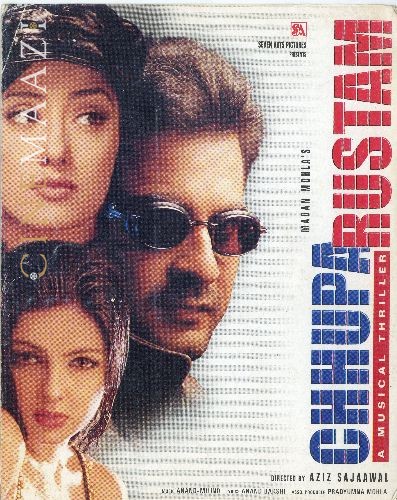

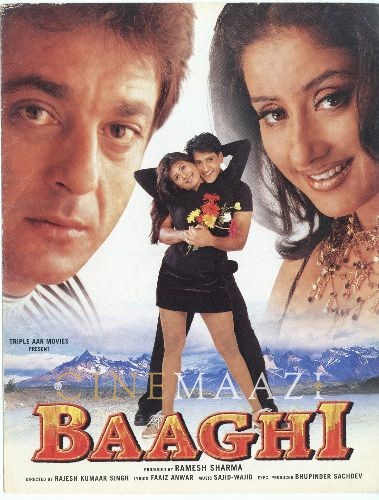
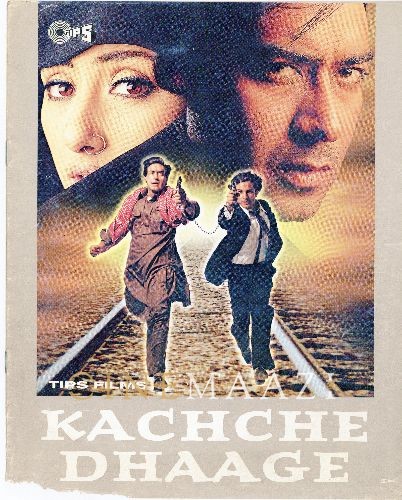

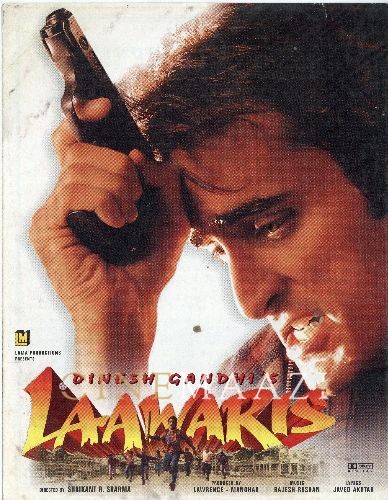


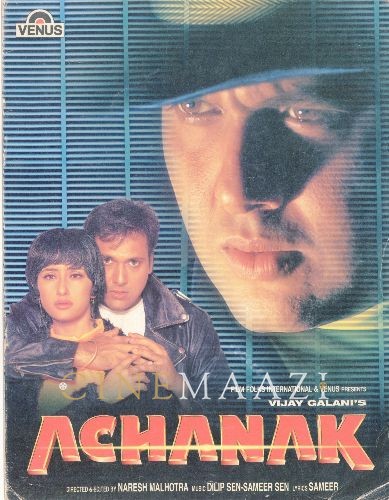
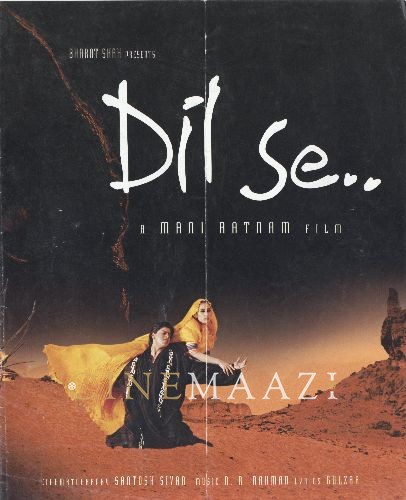

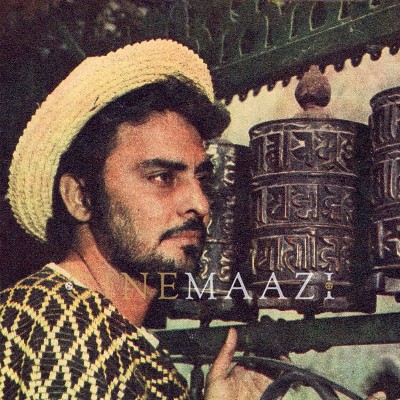
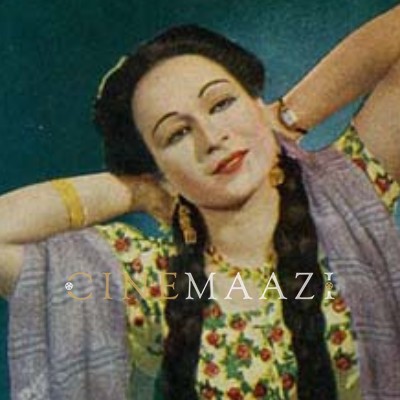

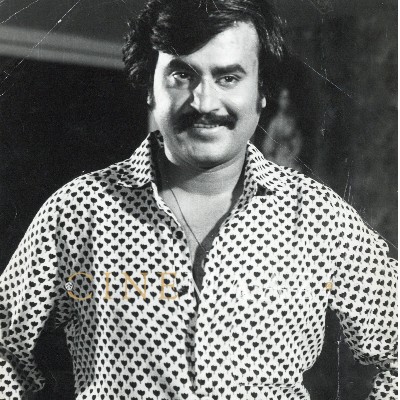

.jpg)



